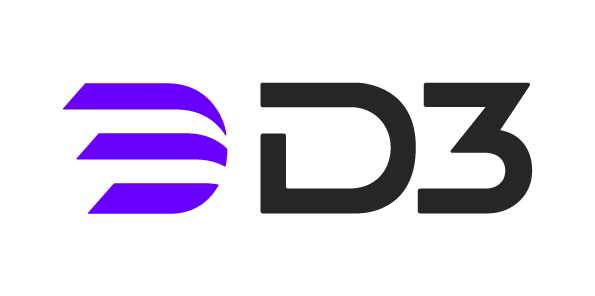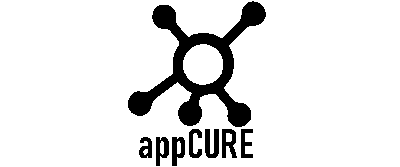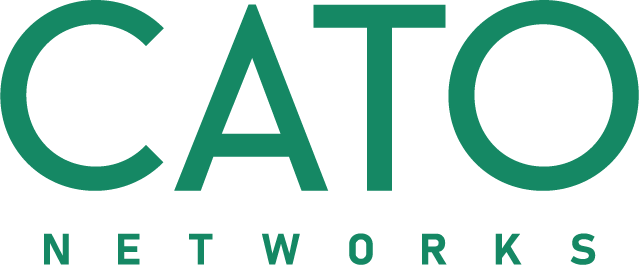
Software Optimisation
Software optimisation is a proactive approach to ensuring an organisation has the optimal number of licenses. This allows companies to ensure they’re purchasing the right number of licenses, avoiding over or under-buying.
There are four concepts at play that form optimisation:
- Requirements
- Inventory
- License ownership
- Usage
Best practices to reduce software costs
- Application configuration optimisation
- Recycling software licenses
- Using software asset management tools
30%
reduction in software costs can be made by
following these practices. *according to a Gartner study
30%
reduction in software costs can be made by
following these practices. *according to a Gartner study
Benefits of Software Optimisation
Optimises Software Spend
Businesses often invest in overpriced licenses, too many licenses, or not enough. Using a software license optimisation (SLO) tool helps to avoid unnecessary costs or problems from use of unlicensed software.
Strengthens IT Security
The more businesses rely on software applications, the higher chance of security breaches. SLO tools help IT departments establish a software inventory, giving them a clear overview of the infrastructure to combat IT risks.
Improves License Management
License renewals are a never-ending task as subscriptions are taken out at varying times. By using an SLO tool, businesses can improve their renewal processes and maintain an effective license management system.

DevSecOps
Complexity and speed are the two main issues that developers face today.
Developers must work with a myriad of code much of which can be OpenSource, from libraries and external components. Coupled with a growing list of devices, that will each run on a variety of Operation Systems for mobile or desktop.
Developers are often expected to work at speed in agile environments creating, testing and re-engineering code to shifting deadlines within quarterly or yearly development cycles. The race is on to build software faster than ever before, against a shortfall of developer skills.
Key Challenges
There has been an astonishing 742% average annual increase in Software Supply Chain attacks over the past 3 years. – Source Sonatype
Bugs in software code can wreak havoc in business with a trillion dollars lost to bugs and issues.
Recent Headlines:

Key Trends – Automation
Around 75% of companies are running manual testing today. This is expected to change with automation by reducing the time and manual labour required with traditional testing regimes. Automation is perceived to be the main driver for profitability and growth with Cloud Automation expected to represent $623b by 2023.
4M
forecasted developer shortfall by 2025
4M
forecasted developer shortfall by 2025
Web, Apps & Visibility
Web apps and API’s continue to be the most tested software worldwide.
Also, software development teams traditionally considered data in post-production stages, but with increased development cycles becoming the norm, this is happening much earlier in the process. AI proactively supports data insights much earlier reaching developers and testers earlier in the development process.
24K+
APIs on programmable web
24K+
APIs on programmable web


Software Management
Software management is the art of planning and leading the development of software projects, which is an integral part of the software lifecycle. It ensures that business networks can continue working without incurring any issues or downtime. But do companies have the correct solutions to make sure their infrastructure is managed correctly?
Types of Software Management
Patch Management
Patch Management gives administrators control over operating systems and app updates. This solution keeps your systems up to date, reducing attacks and ensuring employee productivity.
Monitoring
Using a software monitoring solution allows IT Teams assess the health of a system or application and track its performance. This allows teams to respond quickly to security threats.
Application Security
Applications are often connected to the cloud and available over various networks, increasing security threats. Application security allows you to test these features within apps to prevent vulnerabilities.
Benefits of Software Management
Painless Project Planning
Automate project planning and scheduling to create a solid foundation for projects.
Improved Productivity
Having the correct solutions in place to manage your software, allows teams to focus on other, more important, tasks.
Budget Management
Budgets play a large part in the success of projects. Software management solutions allow you to see what you have and what you need without creating unnecessary overheads.

Why work with Climb?
Climb Channel Solutions works with a wide range of vendors that offer software lifecycle solutions .
Our team of experts can help you get the right solutions for your customers to optimise, manage, secure and develop their software.
Get in touch with the team today by filling in the form or giving us a call on +353 (0) 1 460 4888
By submitting this form you are agreeing to our Privacy Policy and Website Terms of Use.





